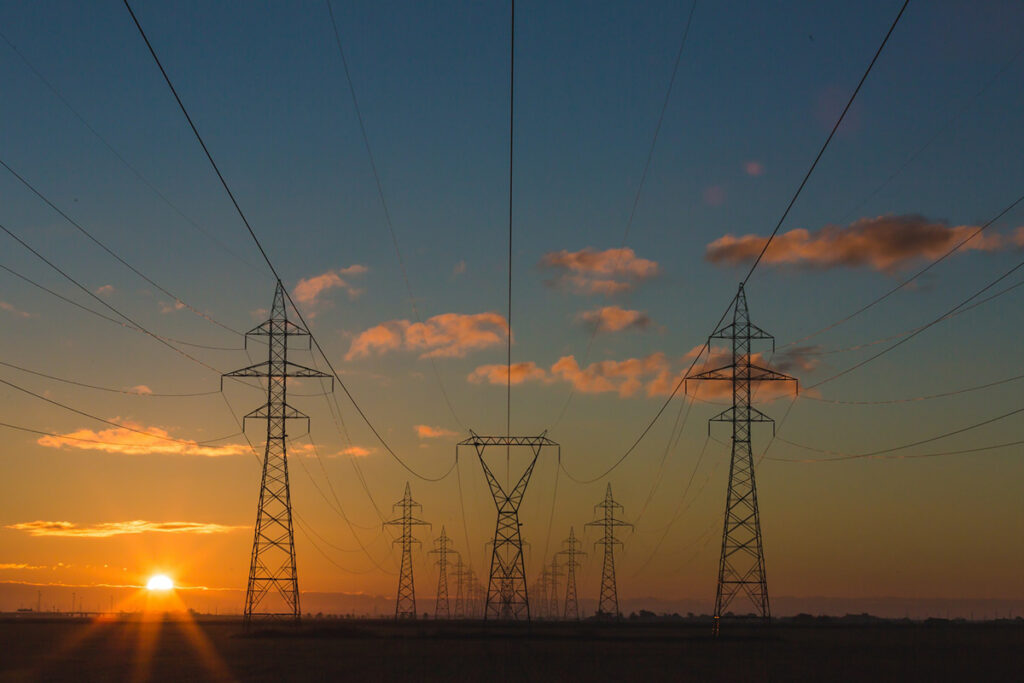In light of the urgent need to fight climate change, companies the world over are exploring more sustainable ways to make business. Georgia Makridou writes that sustainability does not mean sacrificing profits or putting success on the back burner. On the contrary, the reward is resilience. She offers insights from some of the world’s top sustainable energy companies.
Why is sustainability important in business?
One of the most tremendous challenges of our time is the climate crisis. The call for sustainability to address it is now louder than ever. However, this is not just about environmentalism. Sustainability is a business approach to creating long-term value. From a broader perspective, a sustainable business is one whose purpose and actions are equally grounded in financial, environmental, and social concerns.
Does sustainability mean sacrificing profits or putting success on the back burner? No. Rather, a business that does not integrate sustainability into its strategy is less successful in several ways. So companies are now proactive about sustainability, as its benefits become clear. They include:
- Reduced energy usage and waste. Sustainability shapes how key resources like energy, carbon, water, materials and waste are used throughout the supply chain. The development of sustainable business practices helps companies reduce their carbon footprint, become energy efficient, and decrease overhead costs.
- Enhanced brand image and increased customer loyalty. Sustainability affects purchasing decisions. In 2021, customers are more aware than ever of the power of their buying choices and the difference between climate action and greenwashing. They prefer to buy from companies that are mindful of their impact on society and the environment. Thus, sustainability improves businesses’ brand image and gives them a competitive advantage.
- Increased revenues. Sustainable strategies can boost revenues, cut operating costs and achieve better borrowing rates. The more sustainable a business becomes, the lower its nergy bill. Savings can be reinvested in additional sustainability efforts to expand a business’s positive impact on the planet.
- Heightened attractiveness for investments and funds. Financial and investment experts have found that organisations with sustainability plans are more likely to attract investors than those without any.
- Increased employee retention and recruitment. Sustainable companies are more likely to treat employees as critical stakeholders, increasing employee retention and productivity.
- Increased ability to comply with regulation. Incorporating sustainability into business practices allows companies to comply with regulations and avoid non-compliance costs.
The world’s most sustainable energy companies…
Ørsted was once one of the most coal-intensive energy companies in Europe and now develops, constructs, and operates offshore and onshore wind farms, solar farms, energy storage facilities, and bioenergy plants, and provides energy products to its customers. Today, it is ranked the world’s second most sustainable energy company in the Corporate Knights Global 100 Index. It is worth mentioning that this transition was made in just 10 years, and the company held the top position in the rankings in 2020.
The company’s robust sustainability performance is due to its high percentage of revenues earned from renewable energy, sustainable growth programmes, deployment of renewable energy resources, shared value with local communities, the rise in its carbon and water productivity, biodiversity protection, recyclability, investments in green energy and good performance in terms of rate of taxes paid, broad gender diversity, and paid sick leave for employees.
In 2021, a Paris-based tech company saw off competition from the world’s best-known green businesses to be named the most sustainable corporation on the planet according to the Global 100 index. Ørsted dropped one spot to number 2 while Schneider Electric rose from the 29th spot the previous year to number 1. Schneider’s purpose is to empower all to make the most of our energy and resources, bridging progress and sustainability for all.
Schneider is working to alleviate poverty, protect the planet, and bring about worldwide peace and prosperity. It also performs strongly in racial and gender diversity as well as resource productivity, and safety. The company uses the circular economy approach to achieve climate-positive impact as part of the United Nations’ Sustainable Development Goals. To help fuel its ambitious sustainability progress, the company relies heavily on digital innovation and energy efficiency.
… And the lessons to be drawn from them
Businesses, not only those in the energy sector, could learn from those companies and implement the following pillars across their business strategy to become more sustainable:
- Decarbonise your operations working toward 100% renewable energy.
- Create CO2 neutrality in the extended supply chain by reducing carbon footprint.
- Reduce resource consumption, ensuring a resource-efficient supply chain.
- Apply the principles of circular economy across the global value chain, from energy management to research and development to end-of-life recycling programs.
- Invest in and develop innovative solutions that deliver immediate and lasting decarbonisation in line with your carbon pledge.
- Design, implement and track successful energy management strategies, including renewables transactions and energy efficiency improvements.
- Study the processes through which companies can solve global sustainability challenges in urban areas, focusing mainly on water conservation, energy management and sustainable mobility.
- Enhance corporate reputation by cultivating a green-conscious workforce, promoting brand integrity and engaging with your stakeholder community.
- Create equal opportunities by ensuring all employees are uniquely valued and work in an inclusive environment to develop and contribute their best with their wellness, equity and education being prioritised.
- Empower local communities by promoting local initiatives and enabling individuals and partners to make sustainability a reality for all.
- Comply with laws and do not tolerate any violations of applicable laws.
This article is based on Why should business embrace sustainability? Lessons from the world’s most sustainable energy companies, ESCP Business School’s “Better Business: Creating Sustainable Value” impact paper series, and was originally published by LSE Business Review under the Creative Commons licence CC BY-NC-ND 2.0.
